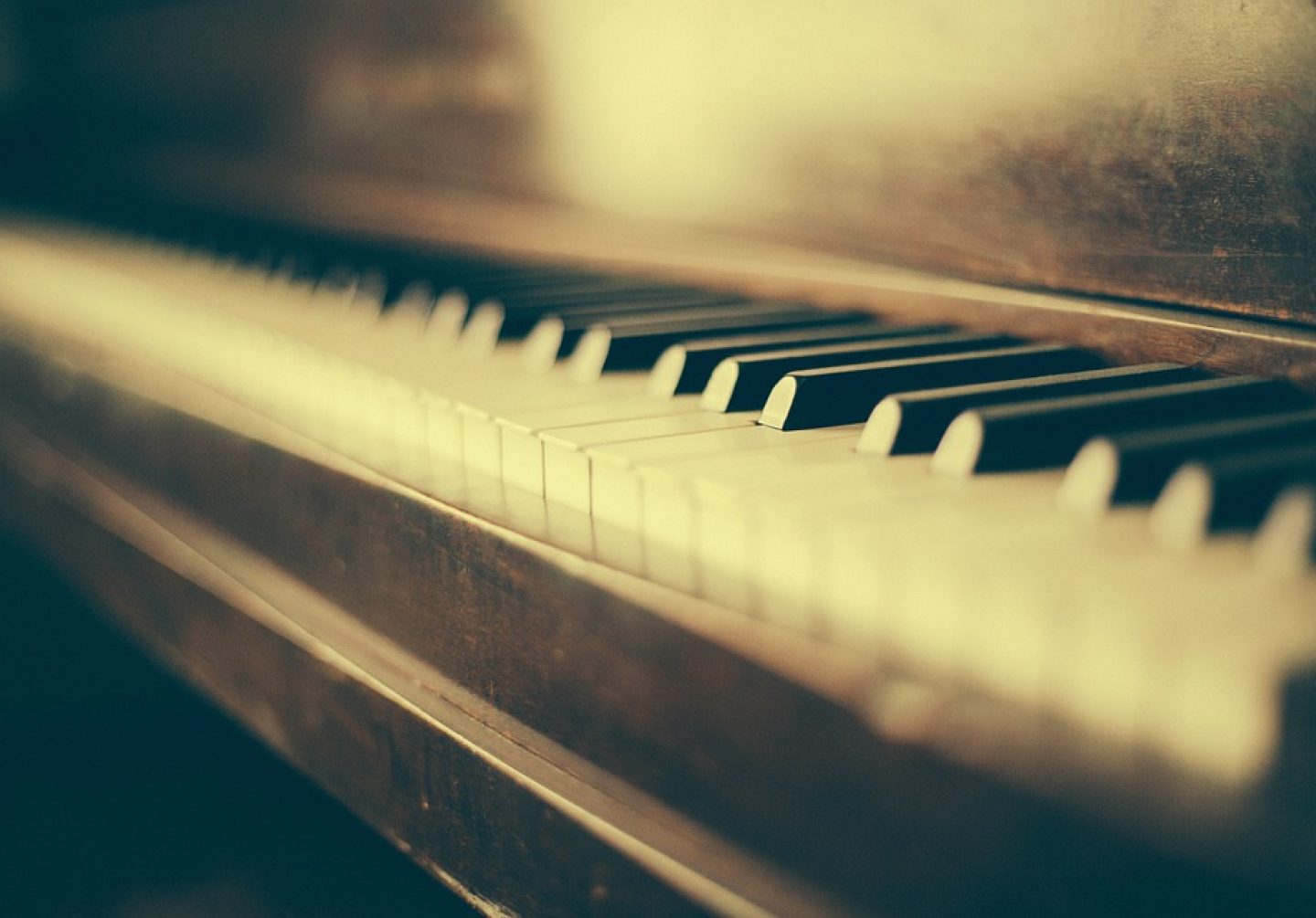Drum music can be moving in the extreme. It is vital, powerful and speaks to our most basic instincts. Perhaps this is because the purpose of drum music is, in essence, to provide a beat that can be heard by everyone. The beat unites the listeners, puts them all in the same time and space, and creates a bond between them. Given its abilities, it is unsurprising that the drum is one of the most pervasive instruments in the world, found in cultures across every continent on the planet. And even less surprising is the fact that many cultures, at one time or another, have applied the energy of the drum to religion and its ceremonies.
It would be impossible to give examples of all the different religious applications to which drums have been put. There are, after all, countless religions in the world today and who knows how many that have died out over the eons. Therefore, I will discuss only the applications in the religions with which I am the most familiar: Shinto, Judaism and Christianity.
Shinto is a very old religion, having existed as long as there have been people on the island of Japan. It predates the introduction of Buddhism and has survived to the present day. It is a polytheistic and animistic faith and is commonly translated as “The Way of the Gods.” To a visitor in Japan, the most obvious manifestations of Shinto are the many shrines where the public can go to worship. There are many different celebrations that are held at these shrines throughout the year, and traditional Japanese drums called taiko are often used during such celebrations. Taiko drums are capable of creating tremendous sounds, and the rumbling notes of these drums have long been associated with the gods. Indeed, in ancient Japan, there was a time when taiko could be played only on religious occasions and only by men who had been granted special permission by the priests.
Many people would be surprised to learn that Judaism has a tradition of using drums. While one will not find a drum in a traditional service in a synagogue, this religion has a strong tradition of using music to celebrate God, and drums have often been a part of that music. Drums are specifically mentioned in the Torah in several locations: Miriam (sister of Moses) played drums in celebration of the Jews’ escape from the Egyptians and the splitting of the Red Sea (Exodus 15:20); and in Psalms, King David speaks of praising God with timbrels, or small, hand-held drums (150:4).
Traditionally, Christianity has excluded drums from its religious ceremonies. However, over the past decade or two, there has been a growing movement to expand Christian musical boundaries to include more contemporary music, and this has sometimes led to the inclusions of such nontraditional instruments as drums. Additionally, Christianity is unique in that it has managed to spawn several modern music genres, including Christian Rock, Christian Contemporary and even Christian Rap. Drums are certainly used to produce such music, which is, at its core, simply another method of worship.

